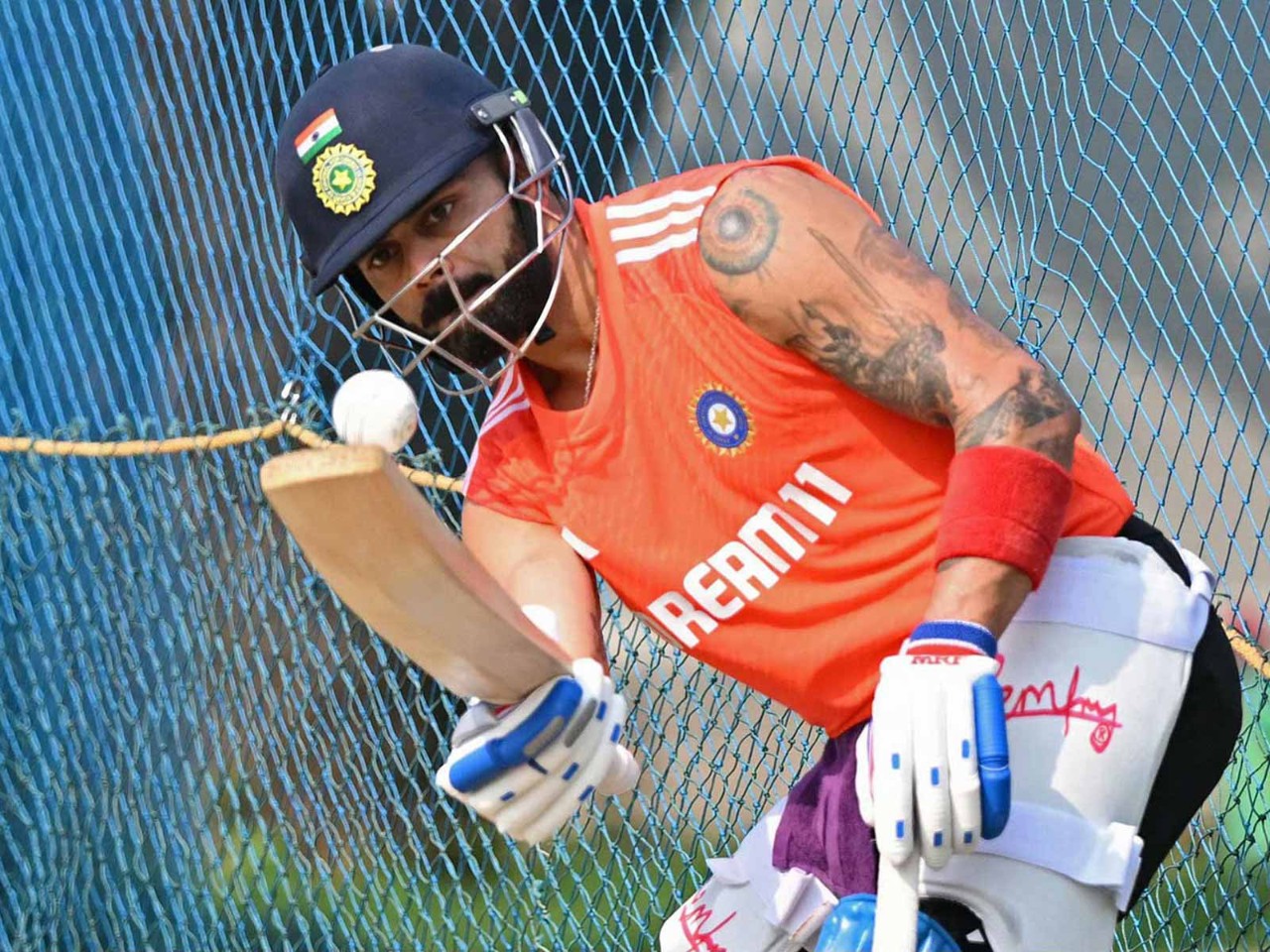
Back in March 1981, 364 economists came together to write a letter to The Times criticising the UK government’s decision to raise taxes in its recent Budget. In reality the economy stabilised, inflation fell and the warned-of depression never materialised. It was perhaps the apogee of economists’ hubris.
I was reminded of this event by a recent comment by Christine Lagarde, the head of the European Central Bank (ECB), that its economists should show greater ‘humility’ when publishing forecasts. It is rare for economists to admit that their forecasts are unreliable, despite copious evidence to the contrary.
Most models assume consumers are rational and make logical decisions in a world with unlimited credit
I went to business school in 1990 and I remember an economist confidently forecasting that the coming decade would see the economic collapse of the US and the rise of Germany and Japan. The exact opposite happened.
People problems
There are several interesting questions to explore here. The easiest one to answer is why forecasts are almost always wrong. I think the main reason is that the underlying assumptions in almost every model are suspect. Most models assume that consumers are rational people who make logical decisions in a world with unlimited credit. You will seldom see this highlighted in print in case it causes uncontrolled laughter. Other silly assumptions include stable governments, solvent banks, reliable courts and an absence of conflict.
Many attempts have been made to develop more sophisticated models that address some of these issues, but they always hit a major stumbling block: people. I have never met a wholly rational person. We are all prisoners of our emotions and aspirations. How else can you explain luxury handbags and watches?
All the forecasters had failed to realise how desperate people were to get back to normality
The second problem is that unexpected things happen. Think back over the past five years and we have had an almost continuous series of major shocks: war, pandemic, political crises, inflation.
These shocks all have one thing in common: none of them were anticipated by the forecasters. When I first heard Robbie Williams sing ‘I sit and talk to God and he just laughs at my plans’, I thought he was talking about economics.
The third problem is more subtle: group-think. As the pandemic eased, there was a consensus among economists that recovery would be slow and prolonged. The opposite happened, with the resulting high inflation we have today.
The future is inherently unforecastable and we need a different approach
All the forecasters had failed to realise how desperate people were to get back to normality. I know of no economist who dared to publish a contrary view. It’s so easy to go with the flow. Being an outlier is uncomfortable for most people. In the Budget controversy in 1981, only one economist dared to disagree with the other 364 and he was in effect ostracised.
Keep it macro
I applaud Lagarde’s candour but she also talked about forecasting ‘errors’, as if the ECB had made mistakes. I don’t think that forecasters are error-prone; I think that the future is inherently unforecastable and that we need a different approach. We need to get away from the idea that we need better models and develop ways to cope with what UK prime minister Harold Macmillan called ‘events, dear boy, events’.
I remember discussing this with the CFO of a very successful company in a cyclical sector. His approach was to understand and model the long-term trends while making sure that his cost base was as flexible as possible. He was very focused on doing things that his customers would value but spent no time trying to anticipate near-term economic trends. The outcome was a stellar long-term track record with occasional periods of weakness.
The only guarantee in life – business and personal – is that things will take you by surprise.


